IMF activates $50b plan to end COVID-19
The International Monetary Fund (IMF) plans a $50 billion fund to end the COVID-19 pandemic.
In a ‘Proposal to End the COVID-19 Pandemic’, IMF Managing Director Kristalina Georgieva emphasised the need to arrest rising human toll and economic strain from the pandemic.
The plan proposes vaccination for, at least, 40 per cent of the population in all countries by the end of this year and at least, 60 per cent by the first half of 2022.
Director-General of the World Trade Organisation (WTO) Dr. Ngozi Okonjo-Iweala pushed for equity distribution of COVID-19 vaccines across the globe.
The IMF proposal will include grants, national government resources and concessional financing.
Georgieva said: “There is a strong case for grant financing of, at least, $35 billion. The good news is G20 governments have already identified as important to address the $22 billion grant funding gap noted by the Access to COVID-19 Tools (ACT) Accelerator. This leaves an estimated $13 billion in additional grant contributions needed.
“The remainder of the overall financing plan—around $15 billion – could come from national governments, potentially supported by COVID-19 financing facilities created by multilateral development banks.”
Georgieva said saving lives and livelihoods has justification, adding that a faster end to the pandemic could also inject the equivalent of $9 trillion into the global economy by 2025 due to a faster resumption of economic activity.
Advanced economies, likely to spend the most in this effort, would see the highest return on public investment in modern history – capturing 40 per cent of the cumulative $9 trillion in global Gross Domestic Product (GDP) gains and roughly $1 trillion in additional tax revenues.
She said: “Many countries have stepped up in the global fight against the pandemic, as have institutions such as the World Health Organisation (WHO), the World Bank, Gavi (the Global Alliance for Vaccines and Immunization), the African Union, and others.
“Yet, more than a year into the COVID-19 crisis, new cases worldwide are higher than ever.”
Georgieva described the pandemic as a solvable problem, which requires further coordinated global action.
The IMF boss warned that economic recoveries are diverging dangerously, stressing that the disparities will widen further between wealthy countries that have widespread access to vaccines, diagnostics, and therapeutics, and poorer countries still struggling to inoculate frontline healthcare workers.
She said that as of the end of April, less than two per cent of Africa’s population had been vaccinated. By contrast, over 40 per cent of the population in the United States (U.S.) and over 20 per cent in Europe had received at least one dose of the vaccine.
The IMF chief said there can be no end to the economic crisis without an end to health crisis, described the pandemic policy as an economic policy.
She stressed: It is critical for global macro-economic and financial stability, which makes it of fundamental importance to the IMF and other economic institutions.
Importantly, the strategy requires not just commitments but upfront financing, upfront vaccine donations, and “at-risk” investment for the world to insure against downside scenarios”.
Okonjo-Iweala told G20 leaders and the heads of international organisations at the weekend that WTO members could contribute to greater equity in the global distribution of vaccines.
She said achieving the goal would require lowering supply chain barriers, fully using existing production capacity, and addressing issues related to intellectual property, access and innovation.
She described equitable access to COVID-19 vaccines, diagnostics and therapeutics as “the moral and economic issue of our time”.
Okonjo-Iweala told the Global Health Summit, co-hosted by the European Commission and the Italian G20 Presidency, that the pandemic had made clear that “policymakers need to think of preparedness, response, and resilience as one interconnected package”.
International cooperation on trade is important for all three elements of this package, she said, adding that trade has been a “force for good” in the pandemic by enabling access to much-needed medical supplies.
She noted that even as the value of global merchandise trade shrank by more than seven per cent last year, trade in medical supplies rose by 16 per cent and by 50 per cent for personal protective equipment.
Stressing that WTO members could act on three fronts, Mrs. Okonjo-Iweala said: ”First, tackling supply chain issues holding back vaccine production, from export restrictions and excessive customs bureaucracy to problems accessing raw materials or hiring skilled workers. The WTO can help with supply chain monitoring and transparency.”
The second action is helping manufacturers scale up by “keeping supply lines open and matching underused capacity with unmet needs.” To the WTO chief, this is “necessary to save lives now.
She added: “In the longer run, especially if COVID is with us for years, we need a more geographically diversified global vaccine manufacturing base. Having less than 0.2 per cent of capacity in Africa is not a recipe for supply resilience.”
She said the WTO would work with the World Health Organisation, Gavi and the Coalition for Epidemic Preparedness Innovations on the COVAX vaccine manufacturing task-force to advance equitable access.
Okonjo-Iweala said WTO members “must address issues related to technology transfer, knowhow and intellectual property,” including the proposed temporary waiver from WTO intellectual property rules for vaccines and other pandemic-related products.
She added: “We must act now to get all our ambassadors to the table to negotiate a text.
“This is the only way we can move forward quickly, we can’t move forward with speeches and polemics.”
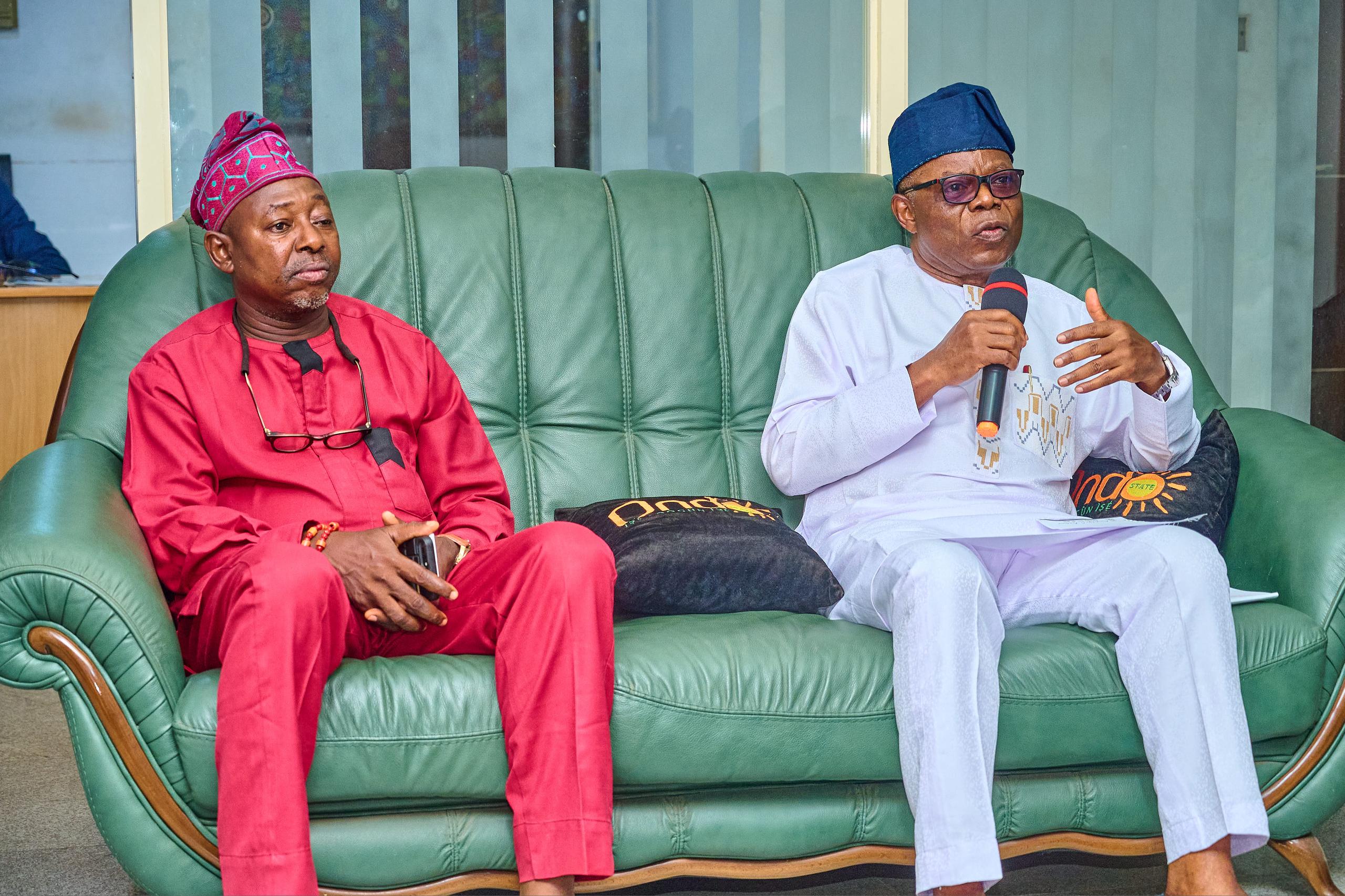
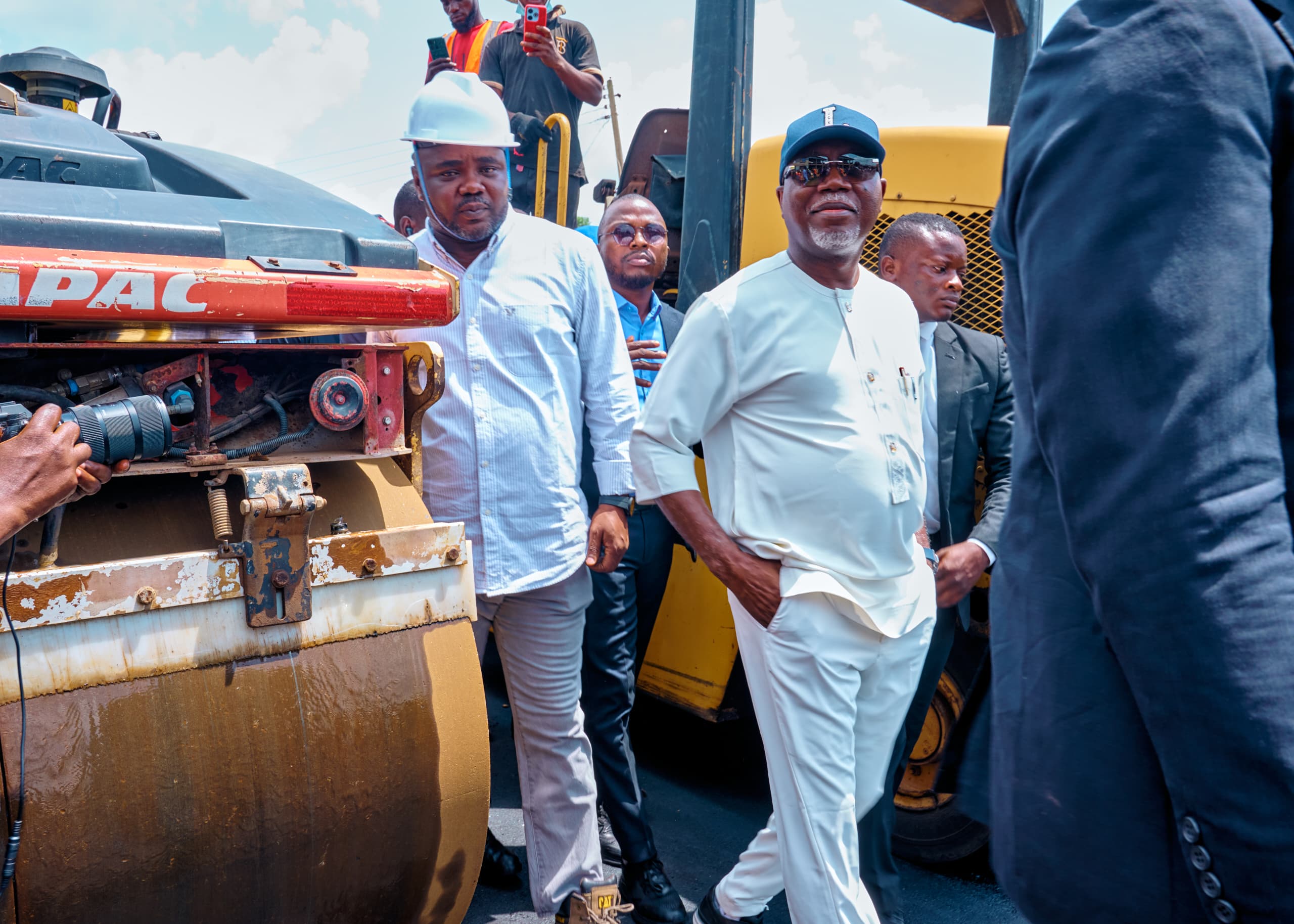
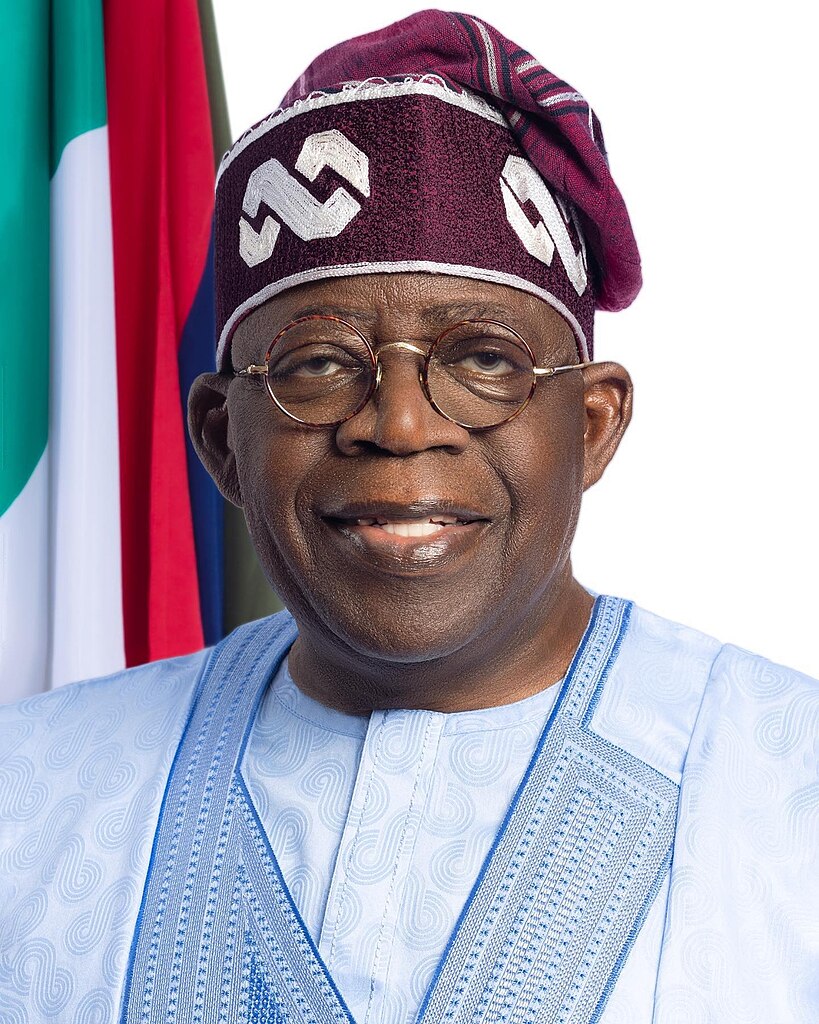




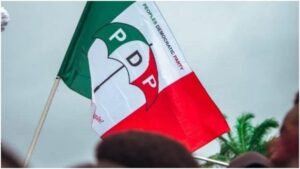
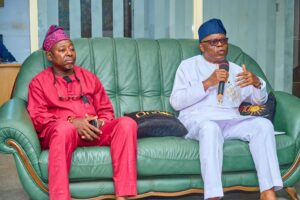




Post Comment